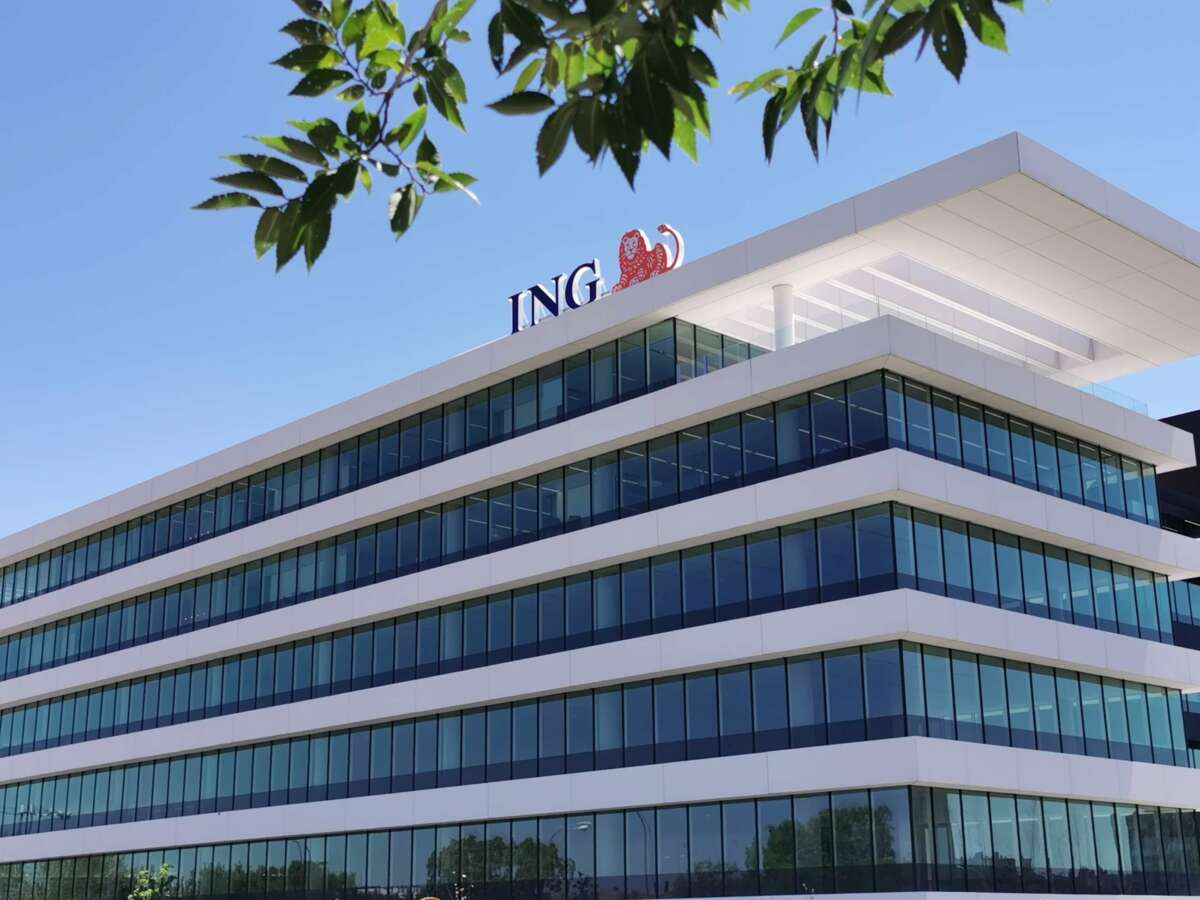The Euribor is already positive and the interest rate hike seems imminent. In this context, the great doubt that currently exists in the Spanish market is how much the price of the mortgage payment will rise and if the mortgage offer by the bank to acquire a home will become more expensive. On the first, there is a diversity of opinions, but on the second there is more consensus.
The bank agrees that the lack of material due to bottlenecks caused by the war in Ukraine and the shortage of labor to absorb so much demand, will cause new construction to fall, reduce the supply of housing and prices will rise, but real estate will not become more expensive due to the rise in rates. This has been expressed by some entities this Tuesday in a meeting organized by Fotocasa.
The person in charge of private clients of BBVA, Ana Pitarch, discounts that there will be several rate hikes and these will reach 1.5% by the end of 2023. Despite this, he rules out that mortgage contracting – which is growing by 19% this year – will fall or that the price will rise for this reason. “The impact on construction due to labor shortages will have more effect than the rate hike,” he says.
He also believes that the competitiveness of banking is not related to interest rates, as was observed in July 2020 when the mortgage market fell due to confinement and in the same way grew by 39% in 2021 due to the reservoir of savings that there were and the desire of the population to acquire another type of housing. “The sector is adapting its offers at all times.”
Likewise, Pitarch rules out that Spain is at risk of a real estate bubble and recalls that bank delinquencies are highly contained. “We are not in the same conditions as in 2008”, point. From Caixabank, the director of private banking, Ramón Faura, assures that the bank has not noticed that the demand for mortgages by its clients is accelerating to avoid the rise in rates, nor have they made mortgages more expensive -for the moment- fixed rate, which are your main bet.
“We have been giving mostly fixed-rate mortgages since 2015 and our clients are not in the dilemma of running, besides We believe that this is the best time to borrow. In this regard, he recalls that, despite the two rate hikes expected for this year and the other three next year, “real rates would be negative because they are below inflation.”
The Catalan bank rules out that the demand for mortgages will fall due to the rise in prices, in fact, it predicts that this year there will be 500,000 mortgage firms in our country, more than last year. And he shares with BBVA that it is possible that we will have more restrictions in supply due to bottlenecks with construction materials than for this reason.
Cristina de Marcos, from the LEAD area of mortgages at ING, assures that although The European Central Bank will raise interest rates twice this year, the impact on mortgages will be limited. «The mortgage concession is not going to fall. The types do not limit and the risk items do not change », she expressed emphatically.
At ING they are “prepared” for these two increases in 2022 and many more in 2023, after so many years of negative rates, “if the increases are gradual”. Its default rate is 0.36% – the lowest in the sector – and they have no forecast of tightening conditions or changing the risk policy because the price at which they lend money becomes more expensive.
Nor do they believe that a real estate bubble is being forged in Spain despite the fact that the sale of homes is at record levels, they simply see that as a result of the pandemic and the confinements of 2020 there was a lot of savings impounded and that is why 2021 was historic in sales.
Abanca’s business development coordinator, Rocío Rodríguez, understands that «if the price of money goes up, so does the mortgage it will«, but at the moment these rises are not important. At the same time, he remembers that “the strange thing” is the Euribor was negative and not positive as has happened now.
In addition, all entities work with stressed rate scenarios when they evaluate the client in the solvency analysis when granting these loans and they do not see why this rate hike would now pose a risk, he explains.
“We are optimistic, this scenario is not going to affect the demand for mortgages in a strong way. However, there is another derivative that if, the rise in the cost of raw materials as a result of the war that will affect the purchase of materials«. Despite this, they take it for granted that it will be a good year and the first quarter has shown it.
–

;Resize=(1200,627)&impolicy=perceptual&quality=medium&hash=56094e3f2605178fdf91bb1e3182f5f78d7d0d5f90123cd8c288178b669daa47)
